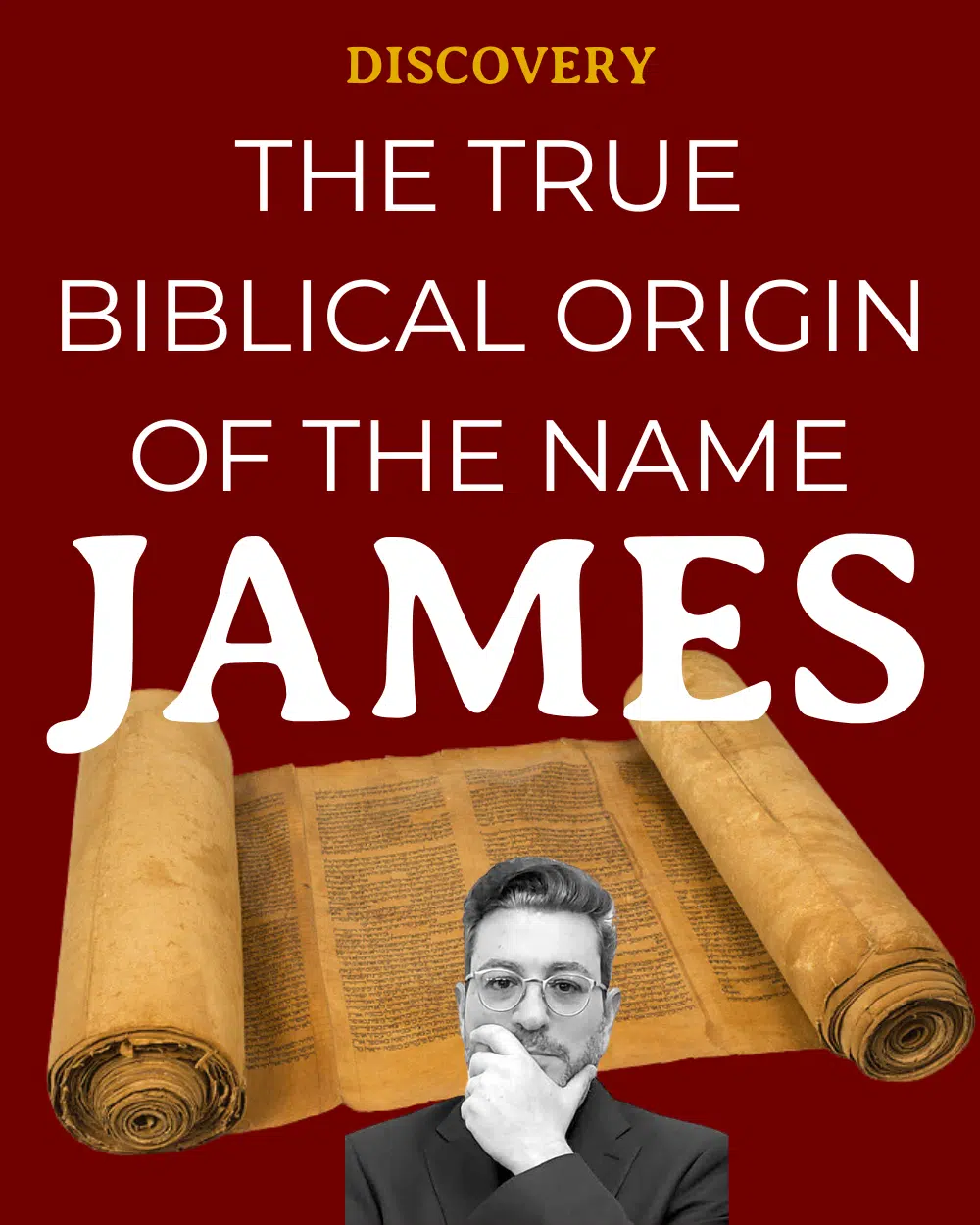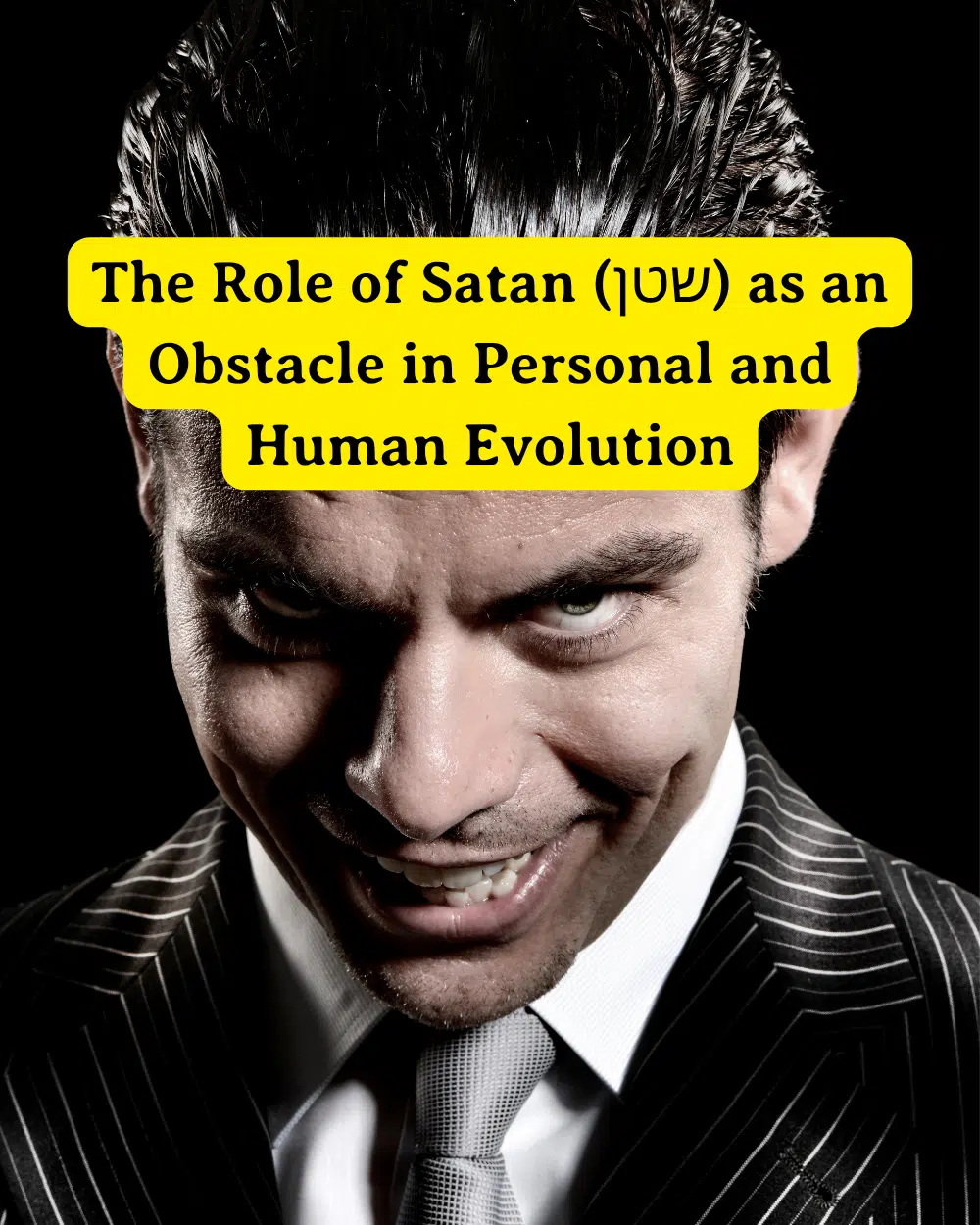closer2TRUTH 2/10 two contradicting opinions
We found two opposite stands of Mr. Copeland’s stand of hell:
Stand #1 closer2TRUTH 8/10 PASSED
Kenneth Copeland is a well-known televangelist, author, and public speaker. He is a leader in the Word of Faith movement and the founder of Kenneth Copeland Ministries, which is based in Fort Worth, Texas. Copeland has been a controversial figure over the years due to his unorthodox beliefs and views on topics such as hell.
Copeland has gone on record to say that he does not believe in hell as traditionally taught by Christianity. This has caused some to label him a heretic for his departure from orthodox Christian doctrine. Copeland believes that hell is not a place of eternal torment, but rather a place of spiritual death. He argues that when a person dies without accepting Yeshua says that “the wicked will be thrown into the fiery furnace, where there will be weeping and gnashing of teeth.” This passage has often been interpreted as a reference to hell as a place of physical torment, but other scholars argue that this passage should be interpreted metaphorically, as a description of the shame and disgrace that the wicked will experience in the afterlife, rather than as a literal description of eternal punishment.
The Conclusion:
In conclusion, the concept of hell as a place of eternal punishment has been misinterpreted in several ways by the King James Version and other translations of the Bible. These misinterpretations include mistranslations of Hebrew and Greek terms, misunderstandings of metaphorical language, and a lack of awareness of the cultural and historical context in which these terms were originally used. Understanding the true meaning of these terms and passages can help to clarify our understanding of the Bible’s teachings on the afterlife and the consequences of sin.













